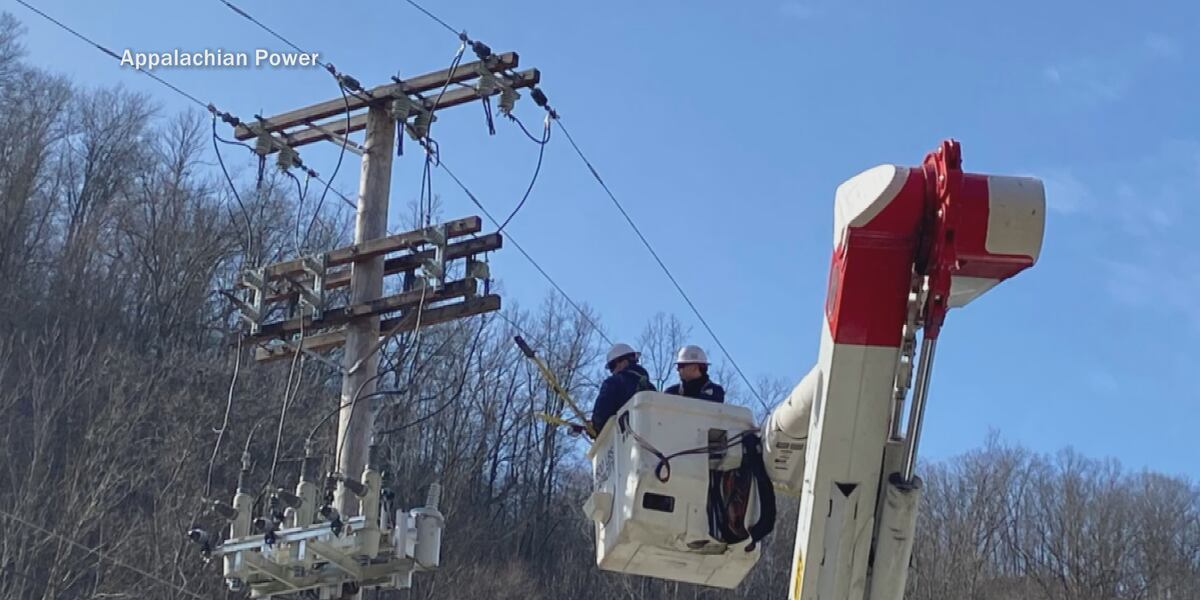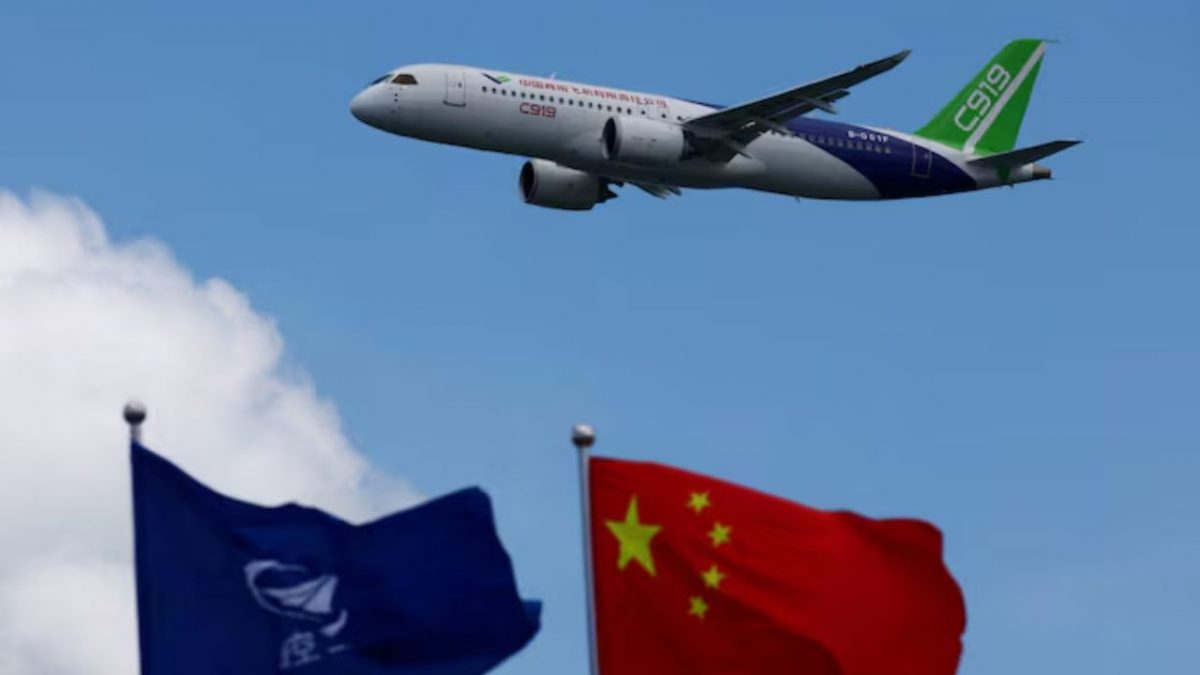Djokovic Questions French Open's Reliance on Human Line Judges: A Step Backwards?

Novak Djokovic, one of the greatest tennis players of all time, has voiced his concerns regarding the French Open's decision to stick with human line judges instead of utilising electronic line-calling technology. The move, a deliberate choice to maintain a 'traditional' feel to the tournament, has drawn criticism from the Serbian champion, who believes it introduces unnecessary inconsistencies and potential errors into the game.
For years, major tennis tournaments like Wimbledon, the Australian Open, and the US Open have embraced Hawk-Eye technology, allowing players to challenge line calls and ensuring greater accuracy. This system, which uses cameras to track the ball’s trajectory and determine if it landed in or out, has significantly reduced disputes and, arguably, enhanced the fairness of the competition. The French Open, however, has stubbornly resisted this shift, preferring to rely on the judgment of human line judges, a practice steeped in the history of the sport.
Djokovic's critique isn't simply about winning or losing points. He argues that the inherent subjectivity of human judgment, regardless of the experience of the line judge, can influence the outcome of crucial matches. “I think we should stick to what’s been proven to be more accurate,” Djokovic stated, clearly frustrated by a recent call during a match. “It’s just a matter of time before technology becomes the standard everywhere. I don't see a real reason to stay away from it.”
The French Open authorities have defended their stance, citing a desire to preserve the unique atmosphere and character of Roland Garros. They believe the presence of line judges contributes to the drama and human element of the sport. Some argue that the occasional human error adds a layer of unpredictability that makes tennis more exciting. However, this argument is increasingly challenged by players and fans who prioritize accuracy and fairness above all else.
The debate highlights a fundamental tension within tennis: the balance between tradition and innovation. While respecting the history of the sport is important, many believe that refusing to adopt technological advancements that demonstrably improve accuracy is detrimental to the integrity of the game. It’s a discussion that will likely continue for years to come, especially as Hawk-Eye technology becomes more affordable and accessible.
Djokovic’s comments have reignited the conversation about the future of line calling in tennis. Will the French Open eventually succumb to the pressure and embrace electronic line-calling? Or will they continue to cling to tradition, potentially sacrificing accuracy for the sake of preserving a perceived 'classic' feel? The answer could significantly impact the fairness and perception of the tournament in the years to come. The debate also raises broader questions about the role of technology in sports – how much should we rely on it, and what are the potential consequences of resisting its advancements?
Ultimately, Djokovic's concerns are shared by many who believe that in a sport where milliseconds can separate victory from defeat, accuracy is paramount. The French Open's decision to remain 'old school' is a bold one, but it's a decision that is increasingly coming under scrutiny.


)



